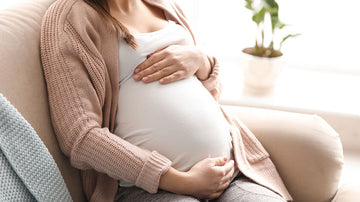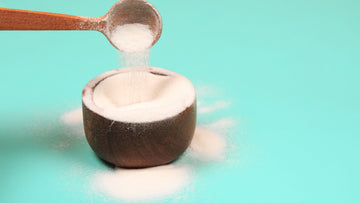
For many, that morning cup of coffee is a must-have. But for women trying to conceive or who are already pregnant, that daily dose of caffeine might need to be adjusted.
Recent studies suggest a link between high caffeine intake and negative pregnancy outcomes. Let's explore the potential risks and how to safely navigate your coffee consumption during these important stages.
The Potential Downsides of Caffeine:
Here's a breakdown of how caffeine might impact your journey to parenthood:
- Pregnancy Loss: Studies show a possible increase in miscarriage risk, especially with high caffeine intake (over 300mg daily).
- Birth Defects: While research is ongoing, some studies suggest a link between high caffeine consumption and birth defects.
- Low Birth Weight: Caffeine can restrict blood flow to the uterus, potentially affecting fetal growth.
- Fertility Concerns: The evidence is less clear, but some studies suggest high caffeine intake might slightly delay conception.
Keeping it Safe: Tips for Managing Caffeine:
- Track Your Intake: Be mindful of hidden sources of caffeine like chocolate, energy drinks, and some medications.
- Talk to Your Doctor: Discuss your coffee habits with your doctor to determine a safe limit for you.
- Explore Alternatives: Consider herbal teas, Not Coffee, or caffeine-free chai to satisfy your cravings.
Remember: Every pregnancy is unique. If you're concerned about caffeine intake, consult your doctor for personalized advice. They can help you create a safe and healthy path to parenthood.
Disclaimer: This blog is for informational purposes only and should not be taken as medical advice. Always consult with a healthcare professional before making any changes to your diet or lifestyle, especially during pregnancy or while trying to conceive.





